These are the questions that young people in the Illawarra are asking about the Voice to Parliament Referendum.
Subscribe now for unlimited access.
or signup to continue reading
At a discussion hosted by the Illawarra Centre for Enablement on Thursday night, four young people were given the opportunity to ask their questions on the Voice to constitutional law expert Eddie Synot.
Mr Synot, a Wamba Wamba man, is an Australian constitutional law expert and lectures at Griffith University and UNSW. He has worked with the Uluru Dialogue and the Indigenous Law Centre and UNSW.
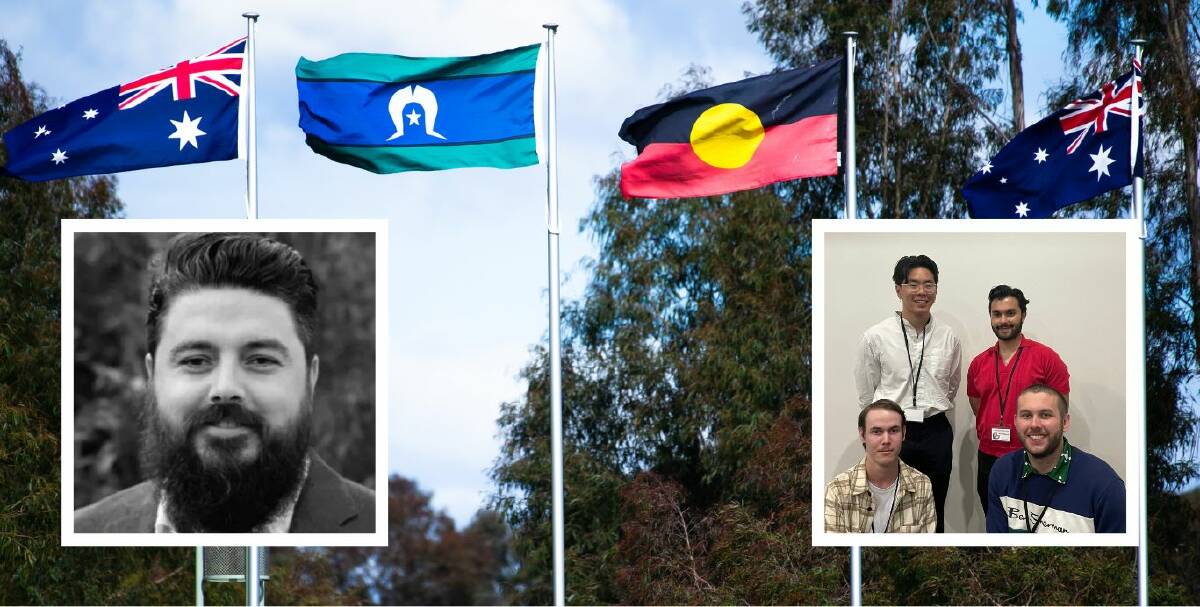
Drawn from their own queries and those of their circles, Ben Healey, Alvin Chung, Tristan James and Cooper Taber said a month out from the referendum date, many young people still didn't know what the referendum was about or were swamped by misinformation.
These are their questions.
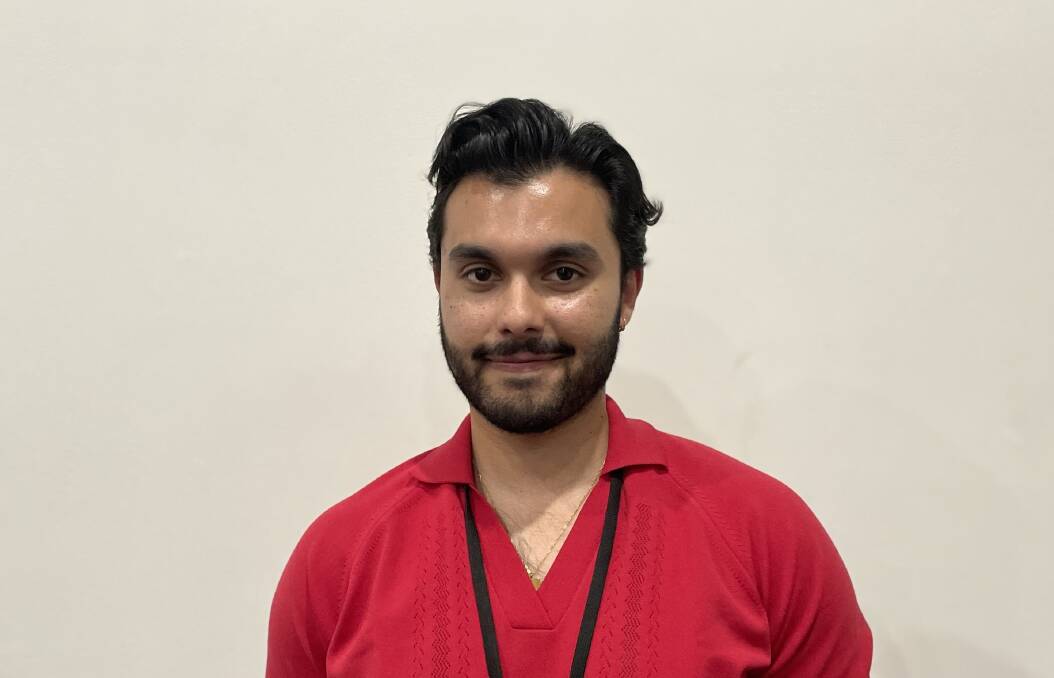
Ben Healey: Why is it not a valid option to have the Voice established by legislation, and what are the benefits by having it enshrined in the constitution?
Eddie Synot: Every other body that we've had since '67, we had the National Aboriginal Conference under Whitlam and Fraser, the National Aboriginal Consultative Committee, the Aboriginal Torres Strait Islander Commission, the National Congress, the Prime Minister's Indigenous Advisory Council, every single one of them have been ripped up, and all were established by legislation.
Whenever it becomes too difficult or too complicated, or they don't like what we are saying, they rip it up.
There's also power and authority that comes from the Voice being established as a constitutional institution. Backed by a double majority of Australian people gives that authority a mandate that politicians shouldn't just be able to ignore, even though, technically they can.
Permanently being in our constitution doesn't mean that it can't change, that it can't develop, but it will always be protected.
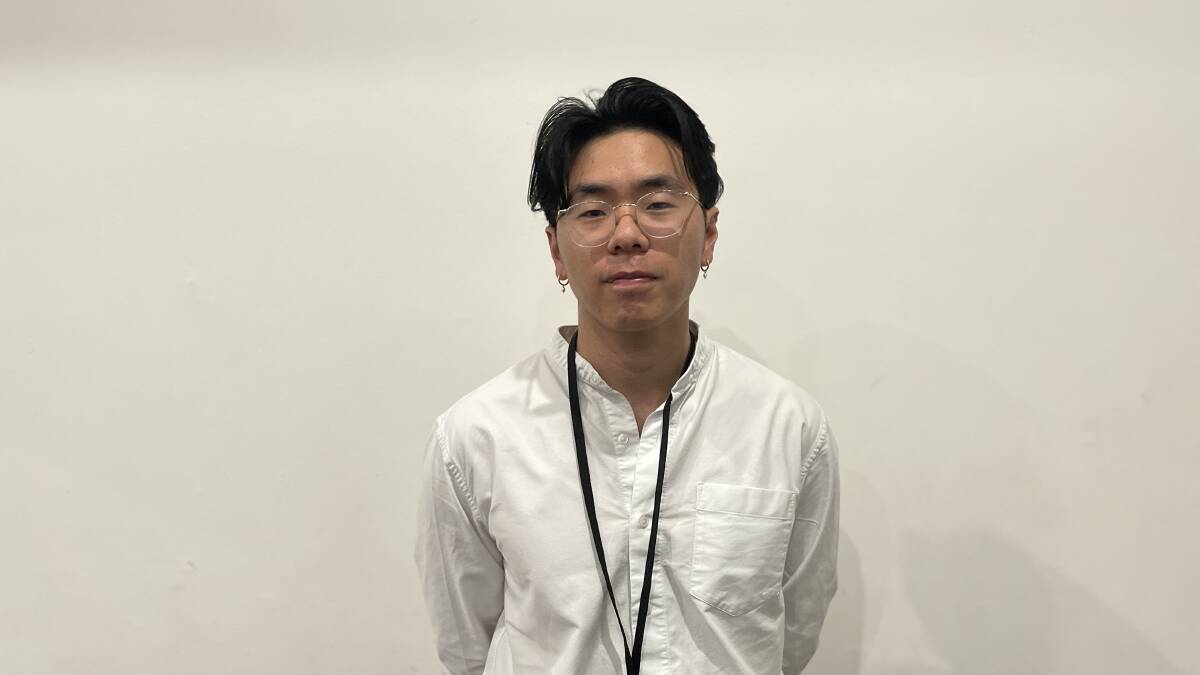
Alvin Chung: What are the immediate changes you see occurring if the country votes yes?
ES: For a lot of you, there won't be any changes. You're not going to lose your land, there won't be any new takes, it's not taking anything away from you, but I would hope that many of you would feel a new sense of self, of who are are and pride that as a mature nation, we've been able to address this long-standing issue and move forward.
It will take some time to develop the practical implications, including the design of the voice, but I think whether the voice gets up or not, and I do believe it will, we're already starting to see the change from this conversation.
I think Australians are ready for change, especially your generation, and that change is coming.
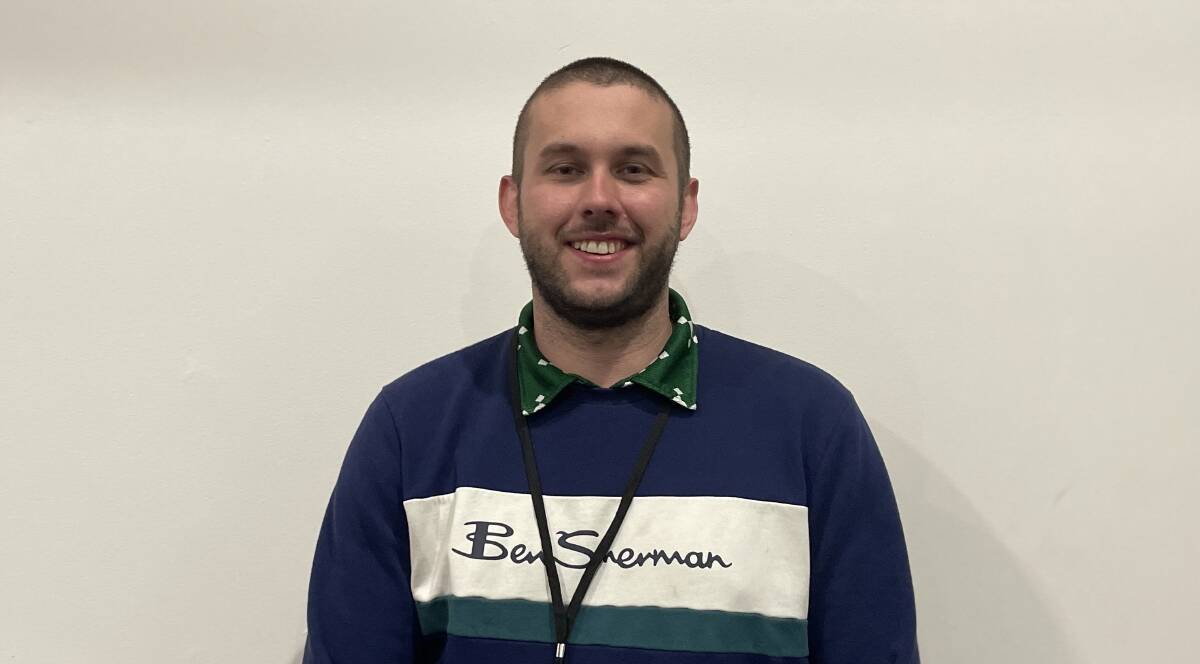
Tristan James: The No campaign is saying this Voice may take away from non-Indigenous people. What do you see the impacts, if any, that it would take away from non-Indigenous people?
ES: Nothing, absolutely nothing. Some people might argue that our ability to have a say on legislation that all Australians don't have the ability to have a say on and that is something that we've taken away is nonsense. The only things we're going to be talking about are the ones that have an impact on us.
If anything, there are overwhelming positives to this, including driving accountability and transparency in the way that government operates. The Voice will be something good for all Australians because when [the government] is put on notice for their decision making when it comes to Indigenous Affairs, they're going to be put on notice about other police areas as well.
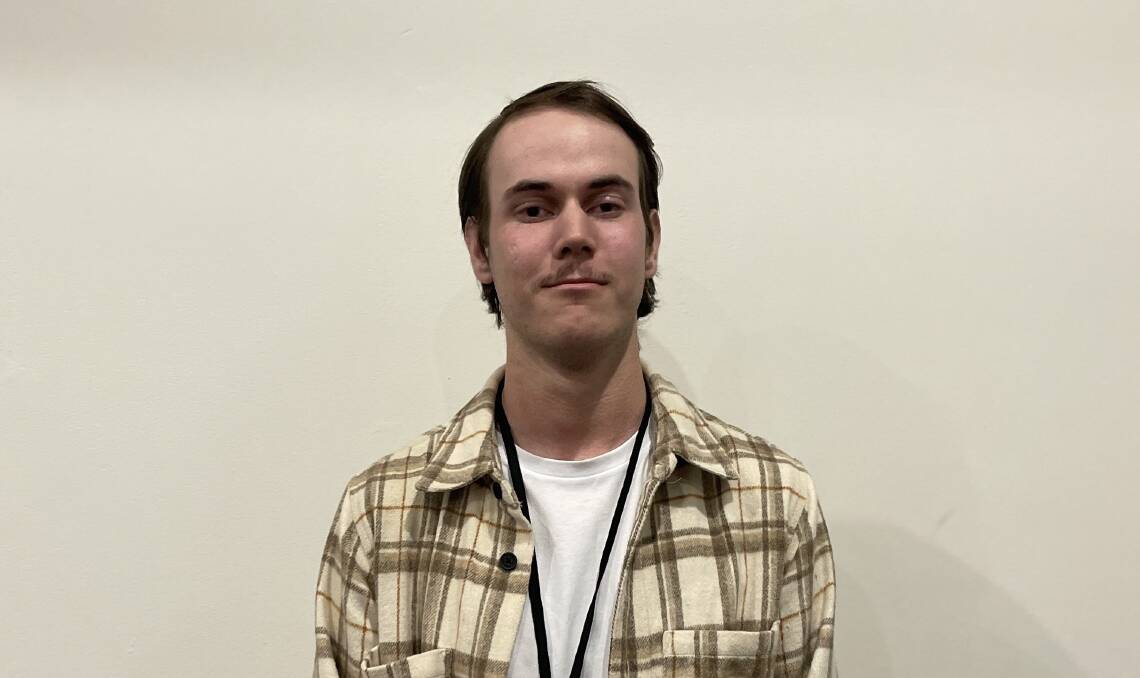
Cooper Taber: What happens to the Uluru Statement if the country votes no?
ES: The Uluru Statement, regardless of the outcome, returns to Mutitujlu [where the Statement was made in 2017] where a new centre will be built. Sammy WIlson, who is the traditional custodian of Mutitjulu, his hope and dream is that when the Voice passes, it will be another point in the democratic triangle of Australian political history. Just like school kids go to Canberra to learn about democracy and see Parliament House, he hopes that in future school kids will travel to Mutitjulu to visit the art centre and see the Uluru Statement.
That will happen regardless of the outcome. As well, the issues are still there, our claims are still there, our lack of recognition remains. Saying no, at this point just kicks the can down the road for another generation to deal with this.
While it will be hard, the reality is we wake up the next day and the work continues for our people in our communities to drive that change.
Our news app has had a makeover, making it faster and giving you access to even more great content. Download The Illawarra Mercury news app in the Apple Store and Google Play.


